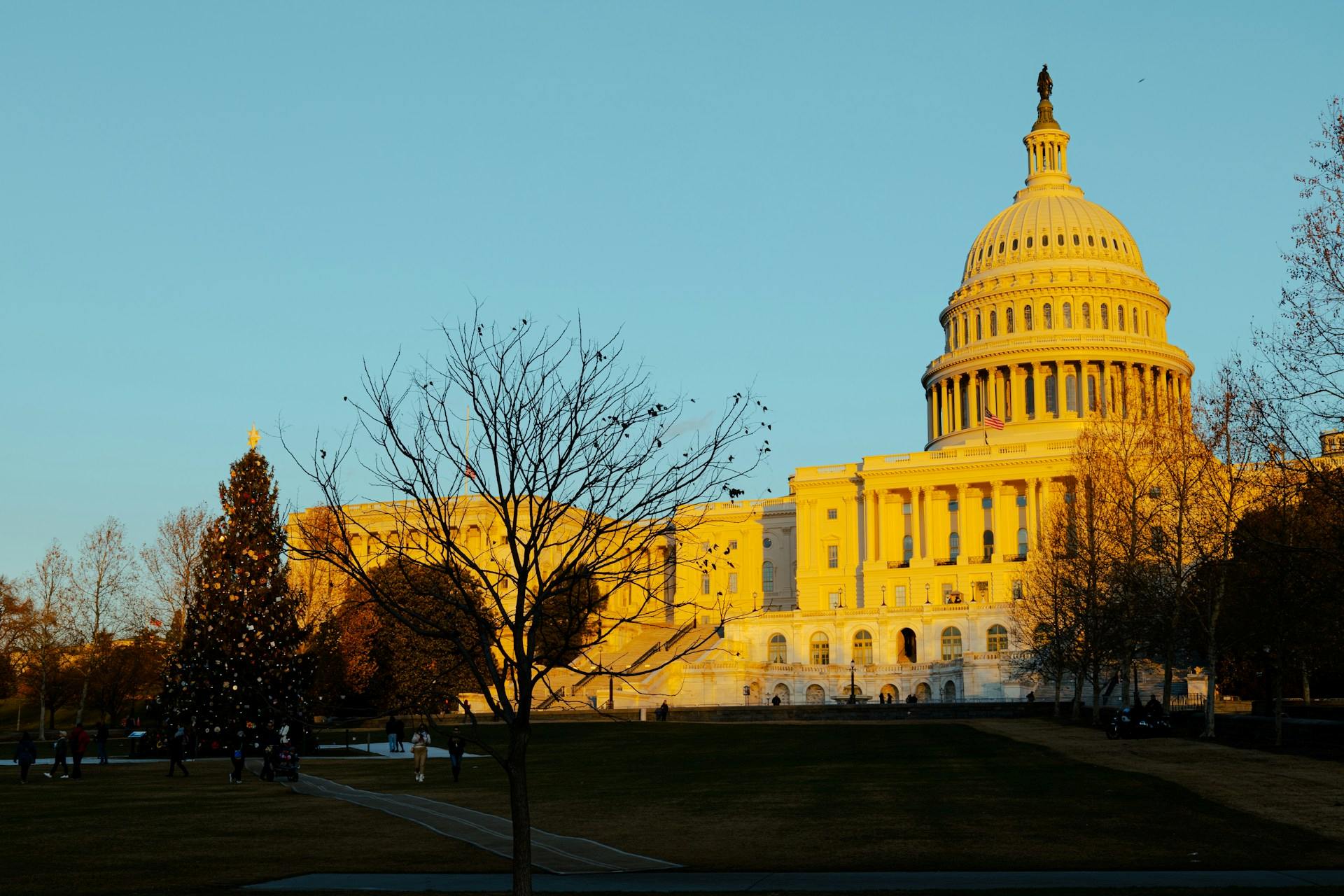A recent warning by U.S. Chief Circuit Judge Steven Colloton has cast a spotlight on the ethical implications of law clerk hiring boycotts initiated by 13 conservative federal judges. The boycotts, which primarily target Columbia University law students, stem from the university’s handling of pro-Palestinian protests on campus and have raised questions about whether judges are crossing ethical lines by using their official positions to influence hiring practices at private institutions.
The controversy emerged following criticism of Columbia for allegedly fostering antisemitism and bigotry during the protests about Israel’s actions in Gaza. In response, several judges announced they would not consider law students from Columbia for clerkships, which are highly competitive positions in the legal field.
While complaints about these actions have been dismissed—such as one against U.S. District Judge Daniel Traynor, which lacked sufficient ethical guidance—Judge Colloton has voiced concerns about the broader impact. He emphasized that such boycotts may undermine public trust in the judicial system and urged the U.S. Judicial Conference to reconsider the ethical guidelines governing the actions of federal judges. This situation highlights the ongoing tension between judicial independence and the need for ethical clarity in the legal hiring process.
The issue has sparked debate within the legal community about the balance between personal beliefs and professional responsibilities, especially when judges wield such significant influence. As the legal profession continues to grapple with these ethical questions, the future of such hiring practices may be subject to closer scrutiny and potential revision of the rules governing judicial conduct.
This controversy not only raises legal and ethical concerns but also underscores the challenges faced by the judiciary in maintaining public trust while navigating complex political and social issues. The outcome of this debate could reshape the ethical landscape for judges and law clerks across the country.


